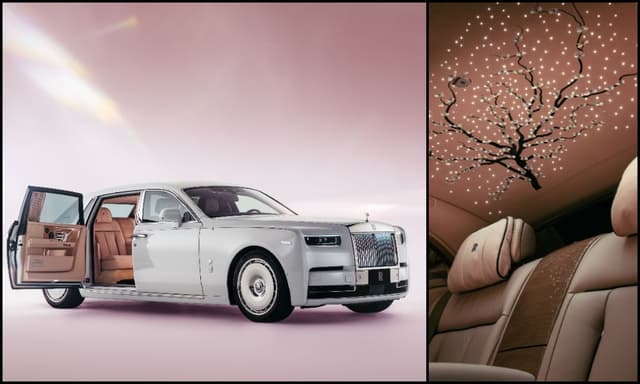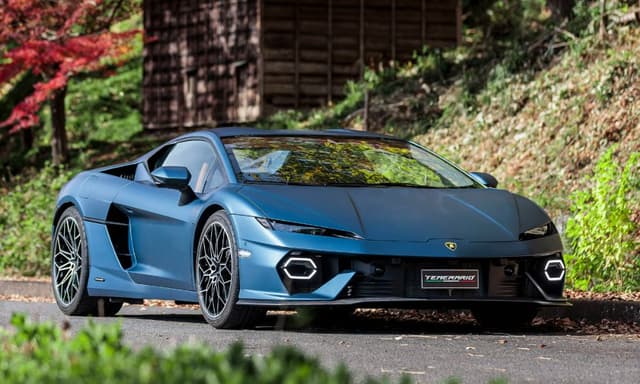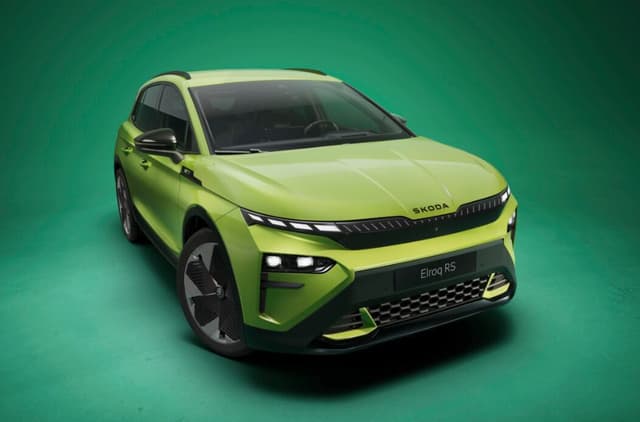VinFast To Begin India Innings With Imported EVs? Company Issues Statement On New EV Policy

Highlights
- India’s new EV policy will help introduce premium SUVs at ‘inclusive prices’: VinFast India CEO.
- Under the policy, eligible EV manufacturers will be allowed to import a maximum of 40,000 vehicles at a lower import duty over 5 years.
- Firms will need to invest a minimum of USD 500 million and meet other conditions to qualify for reduced import duty.
With the Indian government rolling out a conditional (and substantial) reduction in duty on imported electric vehicles (EV), several vehicle manufacturers who are yet to enter India are now faced with decidedly more favourable market conditions to begin operations here. One of them is Vietnam’s VinFast Auto, which only recently made a commitment to the Indian market by beginning work at a new vehicle production facility in the state of Tamil Nadu. The company – owned by Pham Nhat Vuong, the richest man in Vietnam – has now issued a statement on India’s latest EV policy, hinting at its intentions to commence operations in the country with imported, premium electric SUVs at “inclusive prices”.
Also Read: India’s New EV Policy Introduces Conditional Import Duty Reduction; Set To Benefit Tesla, Vinfast
“We highly value the Indian government’s new EV scheme as it aims to drive large investments in manufacturing, create competencies and upskilling, set up a robust supply chain and offer consumers world-class, zero tailpipe emission vehicles. With a long-term growth commitment in India, we have pledged an expenditure of $500 million, which includes the electric vehicle manufacturing facility in Tamil Nadu. This forward-looking policy [will] help us introduce a wide variety of smart, green, premium-quality SUVs, at inclusive prices, along with outstanding after sales policies”, said Pham Sanh Chau, CEO of VinFast India, who is also a former diplomat.

VinFast's Tamil Nadu facility is expected to be operational by 2026.
At the start of 2024, VinFast inked an MoU with the Tamil Nadu government, committing an initial investment of $500 million (Rs 4,160 crore approx) for the first five years. The firm then broke ground at its upcoming EV manufacturing facility in Thoothukudi, which will have an annual capacity of 150,000 units, in the month of February.
In its home market, VinFast currently offers a total of six battery electric SUVs (VF5, VF6, VF e34, VF7, VF8 and VF9), covering the Rs 15 lakh to Rs 75 lakh price segments. However, it remains to be seen if VinFast qualifies under the new policy, as to be eligible, a manufacturer needs to have global annual revenues in excess of Rs 10,000 crore, and VinFast’s 2023 revenues were just shy of that mark.

VinFast currently has six BEVs in its portfolio, with more set to join the lineup.
Under the new e-vehicle policy, the government will slash import duty from 100 per cent to just 15 per cent for imported electric vehicles with a cost, insurance, and freight (CIF) value of $35,000 (Rs 29 lakh) and above, provided their respective manufacturers commit to making a minimum investment of $500 million (approx. Rs 4,150 crore) to set up local manufacturing within a three-year period. Additionally, they must achieve domestic value addition (DVA) of 25 per cent by the third year and of at least 50 per cent within five years.
During this period, the government will permit the import of a maximum of 40,000 EVs at the lowered import duty, roughly amounting to 8,000 EVs a year, with the carrying-over of unutilised annual import limits being allowed, provided a manufacturer’s total investment amounts to $800 million (Rs 6,629 crore) or more.

The policy is expected to pave the way for Tesla's India entry.
The policy, which is also expected to pave the way for Tesla’s India entry, is initially understood to have been opposed by domestic carmakers as well as foreign firms who have already made investments in the country to localise EV production.
Responding to the new policy, a Mahindra spokesperson said, “The recently announced EV policy for new entrants reinforces the Make in India momentum, with requirements of bank guarantees, minimum investment commitment, and local value addition. This will help accelerate the EV ecosystem in India. Our Born Electric SUVs are on track to be launched in Jan 2025 with cutting-edge technology. Our products will speak for themselves.”
In response to a query from carandbike, a spokesperson for Mercedes-Benz India, said, “We are studying the policy and have no further comments to make at this point of time”.














